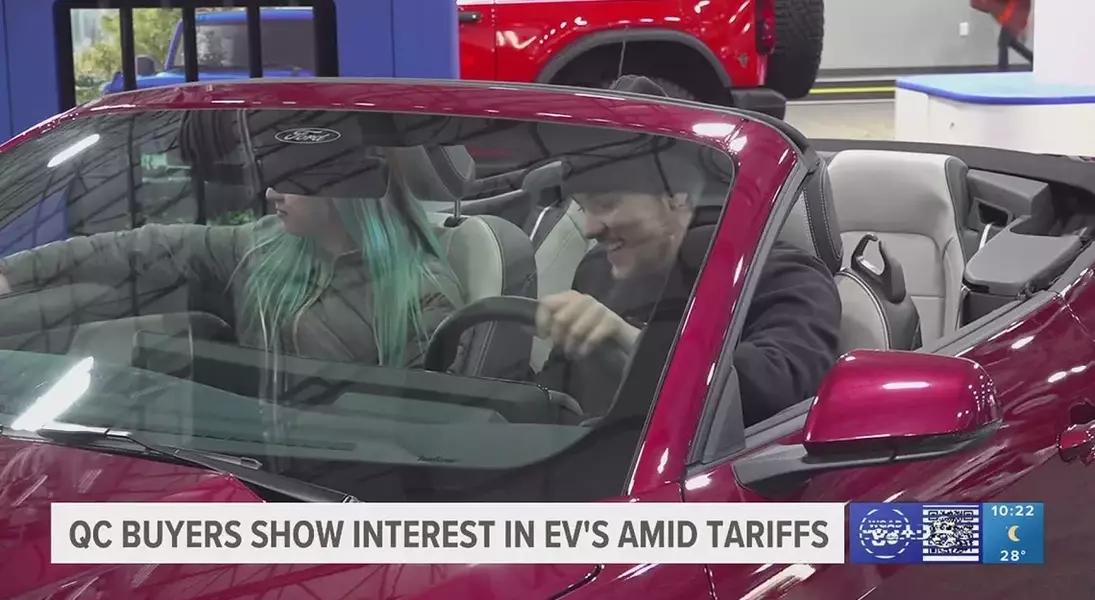The automotive sector is navigating through a period of uncertainty, influenced by recent policy changes and shifting consumer preferences. At a recent auto show in East Moline, attendees shared their thoughts on how tariffs and electric vehicle (EV) initiatives are impacting their purchasing decisions. This event provided valuable insights into the current mindset of car buyers in the Quad Cities region.
Unveiling New Possibilities for Car Buyers in an Evolving Market
Consumer Reactions to Tariff Uncertainty
The introduction of proposed tariffs on imported steel and aluminum has cast a shadow over the automotive industry. Attendees at the recent QC Auto Show expressed mixed feelings about these potential changes. For some, the uncertainty surrounding tariff regulations has introduced a sense of urgency to make purchases sooner rather than later. One visitor noted that the looming tariffs might motivate people to buy within the next few months, before any significant price increases take effect. However, others remain cautious, preferring to wait and see how the situation unfolds.The impact of these tariffs extends beyond immediate consumer behavior. Industry experts predict that higher material costs could lead to increased vehicle prices, potentially affecting both manufacturers and buyers. Yet, amid this uncertainty, there is also an opportunity for dealerships to capitalize on consumer interest by offering incentives or promotions to encourage sales in the short term.Electric Vehicles: A Growing Trend Despite Policy Challenges
Despite efforts to curb the expansion of electric vehicle infrastructure, interest in EVs continues to grow. Last month, a bill was introduced to Congress that would dismantle programs supporting EV-charging stations. Nevertheless, this has not dampened enthusiasm among consumers who are increasingly curious about electric vehicles. One attendee remarked on the availability of charging stations in local areas such as Hy-Vee stores and the TBK Bank Entertainment Center. While the market remains predominantly gas-powered, there is a noticeable shift towards considering electric options. Many attendees expressed that they are open to exploring EVs in the future, indicating a gradual but steady transition in consumer preferences. The appeal of reduced maintenance costs and environmental benefits plays a crucial role in driving this interest.Market Dynamics and Future Prospects
The Quad Cities region reflects broader national trends in the automotive industry. As tariffs and policy changes create volatility, dealerships must adapt to meet evolving consumer needs. One key factor influencing buyer decisions is the balance between affordability and innovation. Dealerships that can offer competitive pricing while showcasing advanced features will likely attract more customers.Moreover, the growing interest in electric vehicles signals a shift towards sustainability. Even though traditional gas-powered cars still dominate the market, the increasing availability of charging infrastructure and advancements in battery technology are making EVs more accessible. Consumers are beginning to view electric vehicles not just as an alternative but as a viable long-term option. This shift is likely to accelerate as more people become familiar with the benefits of electric transportation.You May Like

